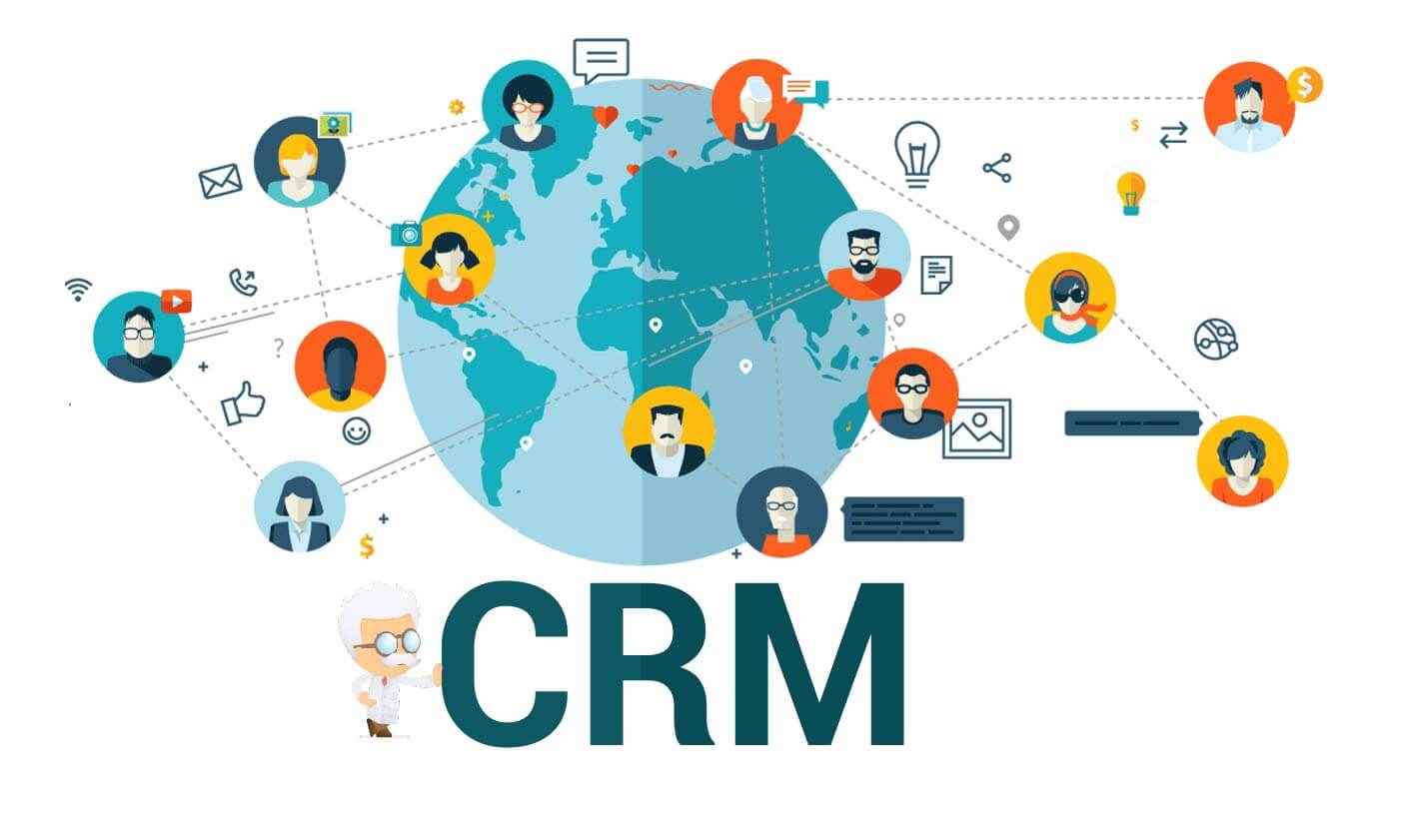Why Every Agent Needs a CRM: The Benefits of Client Relationship Management Software

The real estate sector thrives on relationships. Hence, nurturing relationships with clients forms the bedrock of a successful real estate business. But as your client base grows, managing these relationships manually can be overwhelming. That’s where Client Relationship Management (CRM) software comes into play.
A CRM system is an essential tool that every agent should consider integrating into their daily operations. This article delves into the significant benefits that CRM software brings to the table. Let’s explore why every real estate agent should adopt a CRM.

1. Centralizes Data
One of the key advantages of CRM software is the centralization of client data. Instead of having important information scattered across spreadsheets, notepads, or emails, a CRM system stores all data in one accessible location.
A centralized database enables agents to easily track every interaction they’ve had with their clients, from initial contact to finalized deals. This is vital for a seamless customer journey and for providing personalized service to clients.
Also, centralized data boosts team collaboration. When client data is accessible to every team member, everyone is on the same page about a client’s status, needs, and history. This uniformity enhances the client’s experience and eliminates confusion within the team.
2. Improves Time Management
Another benefit of CRM software is its capacity to improve time management. CRM systems can automate many administrative tasks, thereby freeing up agents’ time. This includes tasks such as sending follow-up emails, scheduling meetings, or setting reminders for crucial dates.
These automated features allow real estate agents to dedicate more time to high-priority tasks like closing deals, strategizing, and building relationships. By automating routine tasks, CRM software lets agents focus on what they do best – selling properties.
Moreover, with CRM, agents can manage their time more effectively, leading to increased productivity and ultimately, more successful transactions.
3. Enhances Client Communication
Effective communication is key in real estate, and the best CRM for real estate agents makes this process much easier and more efficient. It allows real estate agents to track each interaction with their clients, ensuring that nothing slips through the cracks.
CRM software can automatically send out emails or text messages based on predefined rules, ensuring consistent and timely communication. It can also remind agents about follow-ups, so no potential opportunity is missed.
Furthermore, CRM systems can segment clients based on various criteria, allowing agents to tailor their communication to suit specific client groups. This personalized approach to communication significantly enhances client satisfaction.
4. Provides Valuable Insights
A CRM system provides valuable insights into your client base, sales process, and overall business performance. CRM software comes with robust reporting and analytics features that can track and measure a wide array of metrics.
These insights can help you identify trends, spot opportunities, and predict future outcomes. For instance, you can analyze which lead sources are most profitable, or what type of properties are most in demand. These data-driven insights can help you make informed decisions and shape effective strategies.
CRM analytics can also help you understand your sales funnel better. You can see how many prospects are in each stage of the funnel, and what steps you can take to move them forward.
5. Facilitates Lead Generation and Nurturing
Lead generation and nurturing are critical components of a successful real estate business, and a CRM system is instrumental in these processes. CRM software can track and manage leads from various sources, ensuring no potential client goes unnoticed.
Moreover, CRM systems can automatically send personalized emails to leads, nurturing them effectively. They can also segment leads based on various parameters, enabling agents to follow up with the right message at the right time.
In addition, some CRM systems come with advanced features like predictive analytics. These can help identify high-quality leads and predict the likelihood of a lead converting into a sale.
6. Improves Customer Retention
Customer retention is a key indicator of business success, especially in the real estate industry. CRM systems play a vital role in improving customer retention rates. They help agents deliver an exceptional customer experience by providing personalized services and timely responses.
With CRM, every interaction with a customer is recorded and stored in a centralized database. This gives agents a complete view of the customer journey, allowing them to identify opportunities for engagement, address concerns proactively, and nurture long-term relationships.
For instance, CRM systems can remind agents of important dates like client anniversaries or birthdays, offering opportunities for personalized outreach. Such efforts strengthen the agent-client relationship, encouraging customer loyalty and repeat business.
7. Enables Scalability
Lastly, a CRM system is an essential tool for scalability. As your real estate business grows, you’ll need to handle an increasing number of clients, properties, and transactions. Manually managing these expanding operations can be a herculean task.
A CRM system, however, can accommodate increasing workload seamlessly. It allows you to manage a growing database of clients, handle more transactions, and still provide a high level of service. As your client base expands, CRM software helps maintain organization and efficiency.
Moreover, as your team grows, a CRM system ensures everyone has access to the same comprehensive client data. This way, new team members can get up to speed quickly, while existing team members can handle more clients effectively.
A CRM system not only aids in the growth of your real estate business but also facilitates the smooth operation of your expanding team. Therefore, adopting CRM software is a proactive step towards preparing your business for future growth.
Conclusion
A CRM system is a powerful tool that every real estate agent needs to streamline operations, manage client relationships efficiently, and drive business growth. Its benefits encompass centralizing data, improving time management, enhancing client communication, providing valuable insights, and facilitating lead generation and nurturing. With these capabilities, CRM software is an invaluable asset in any agent’s arsenal. It’s time for every agent to leverage the power of CRM and elevate their business to new heights. As the real estate landscape continues to evolve, embracing such technology is not just beneficial, but essential for sustained success.










